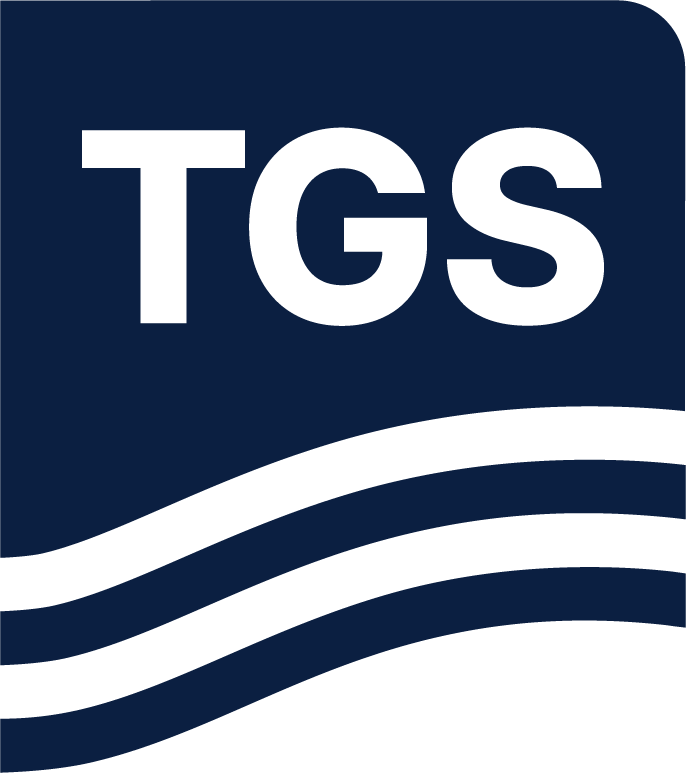Paper Summary
Quantum computers exploit the peculiar behavior of objects at the atomic scale, and use the qubit as the basic unit of quantum computing. A quantum computer (QC) with only 100 qubits would, theoretically, be more powerful that all the supercomputers on the planet combined, and a few hundred qubits could perform more calculations instantaneously than there are atoms in the known universe. A QC with 79 qubits has already been built. After discussing one of the most popular methods to build qubits, I then address the critical phenomena of superposition, entanglement and interference that allow quantum circuits built from qubits to be so powerful. Consideration is given to one possible way of building qubits with superconducting circuits, and how such devices may be programmed. A notable feature is that quantum algorithms work not by the use of brute force, but by exploiting underlying patterns than can only be seen from a quantum viewpoint. An apparent application to the oil industry is the potential for machine learning solutions to work with far deeper levels of data complexity.

